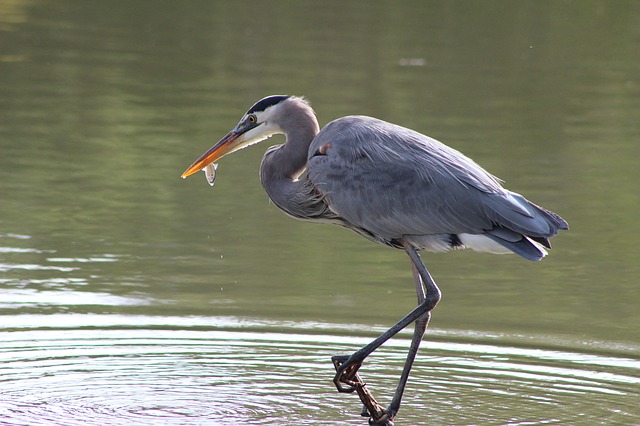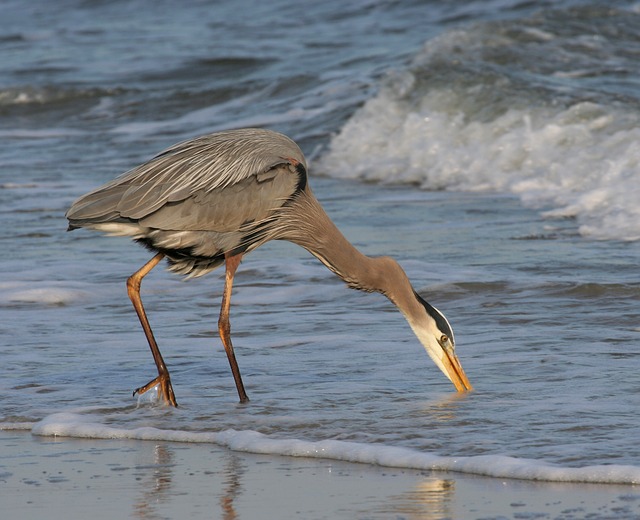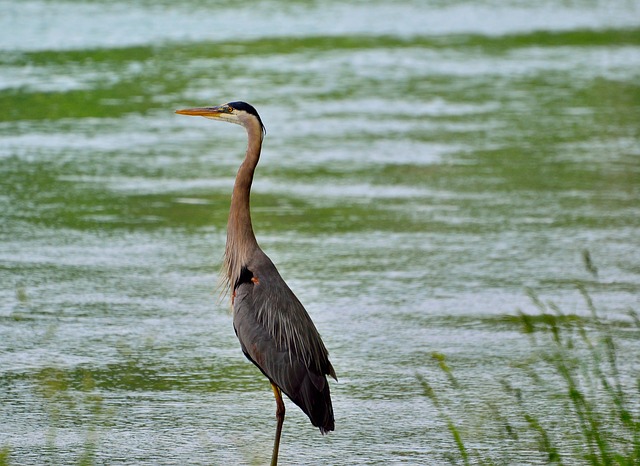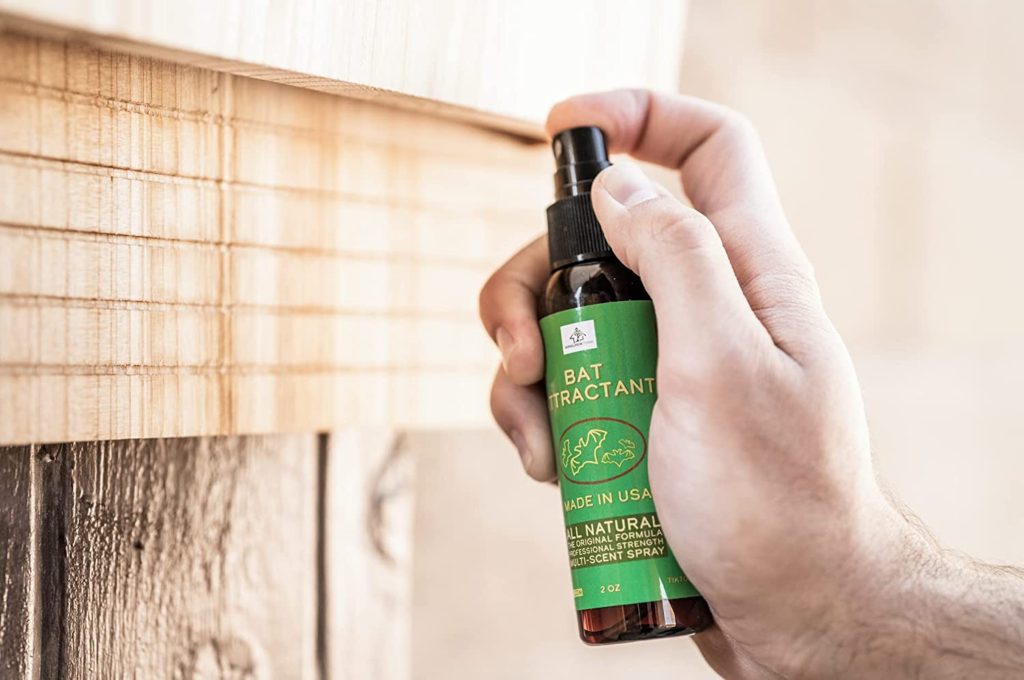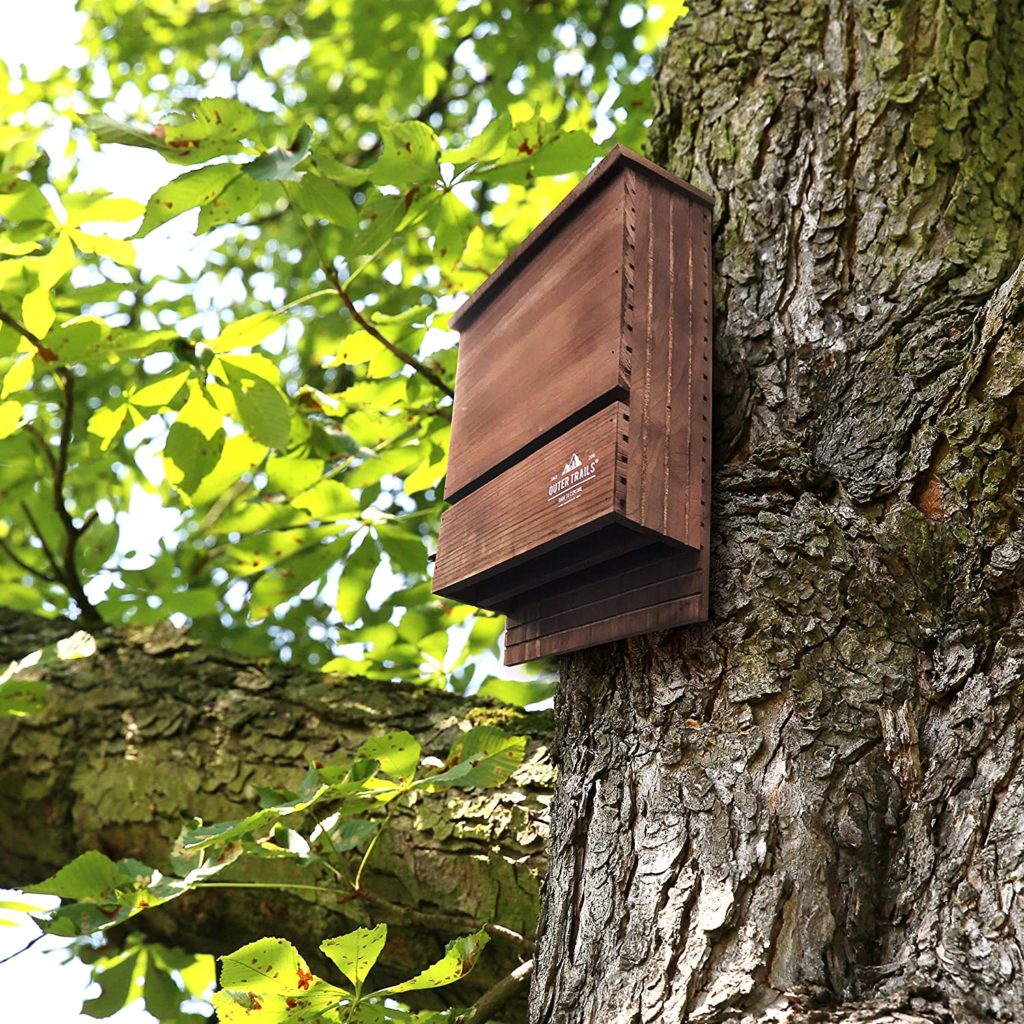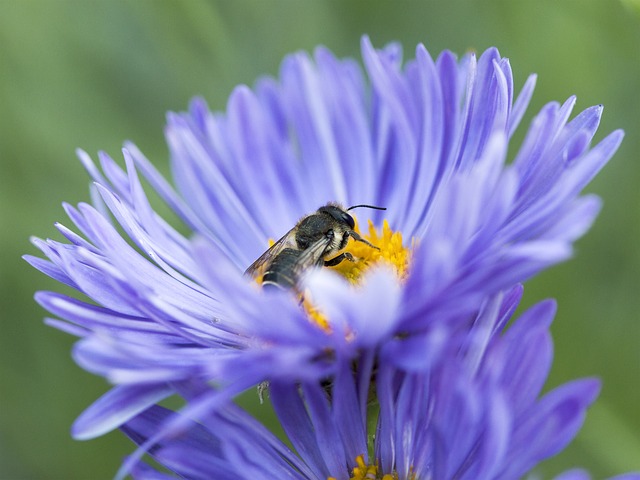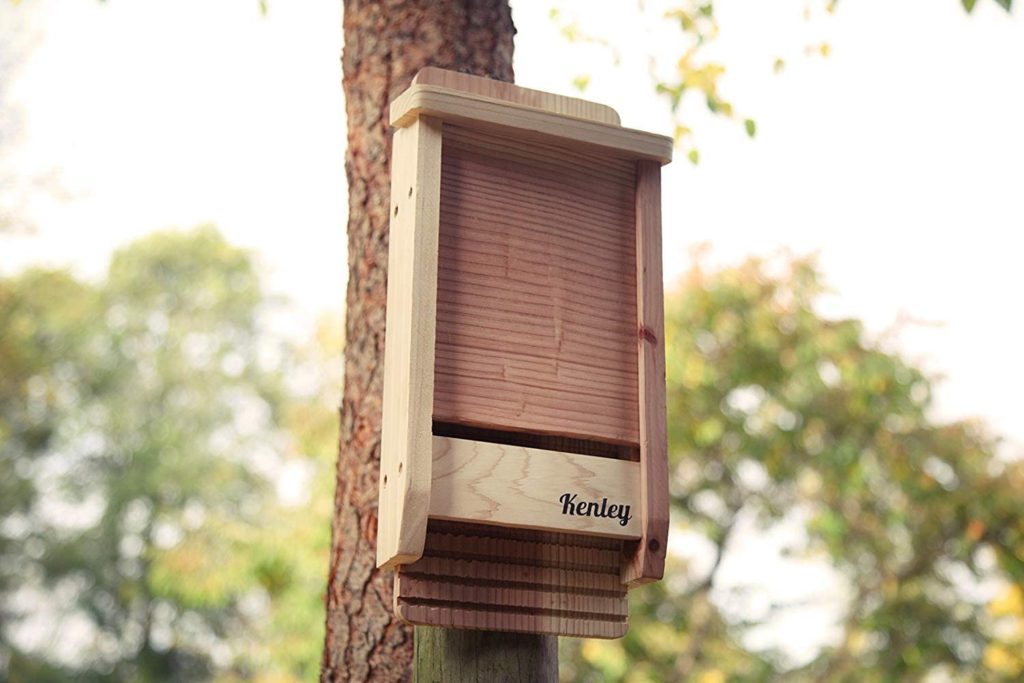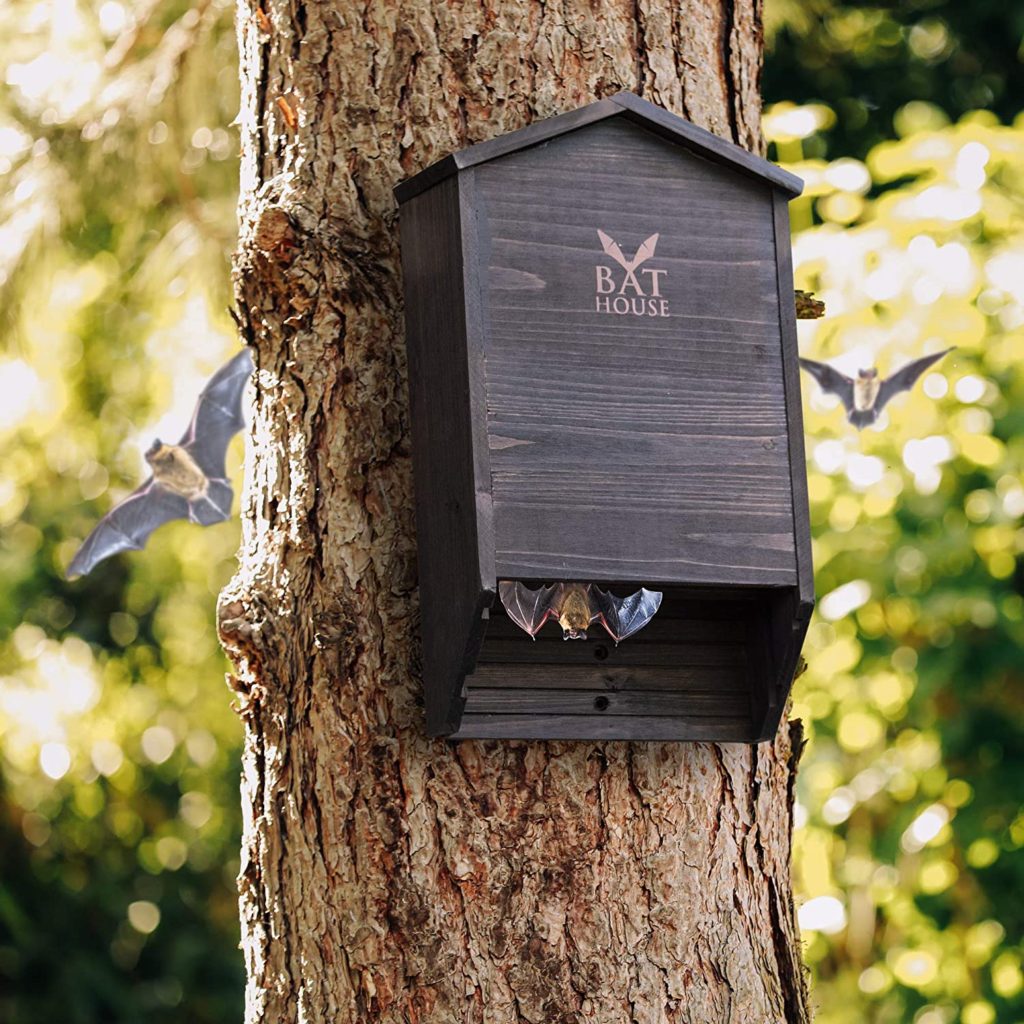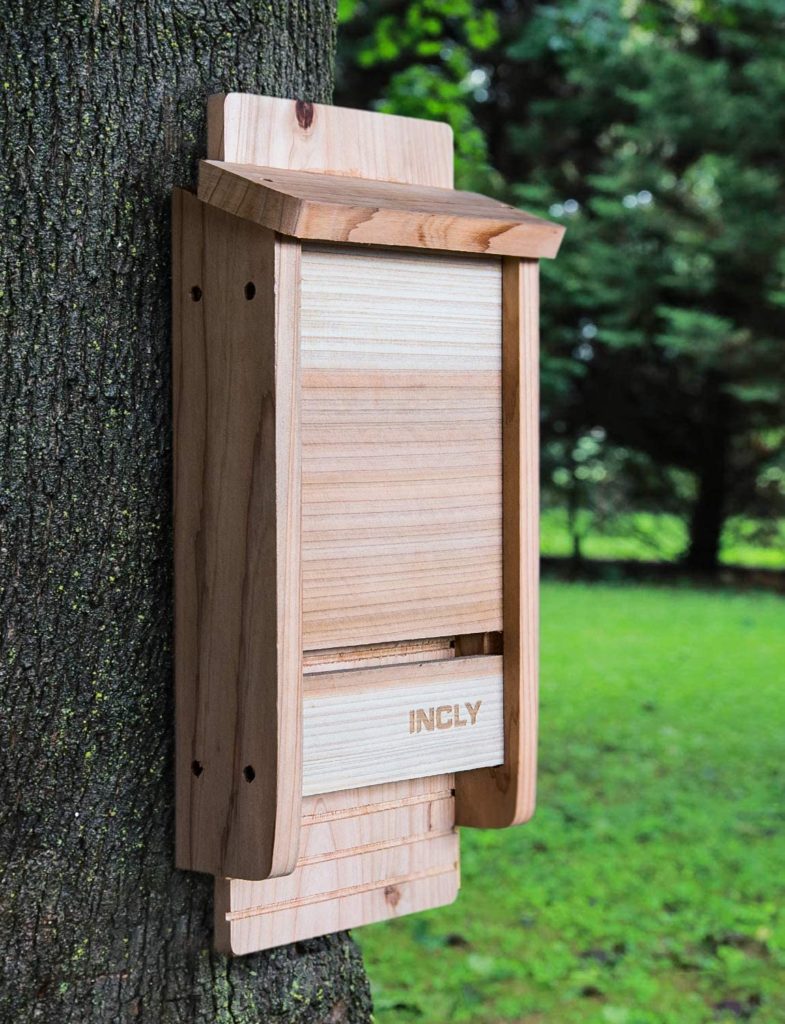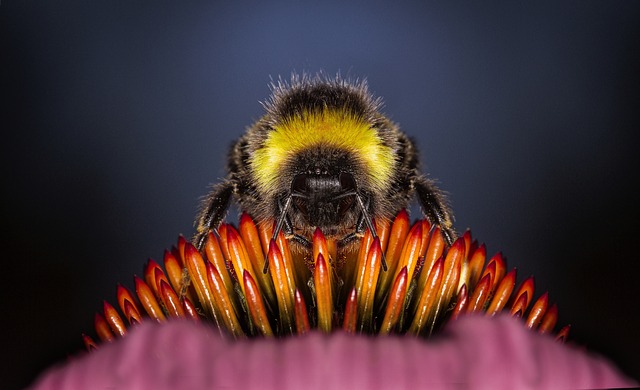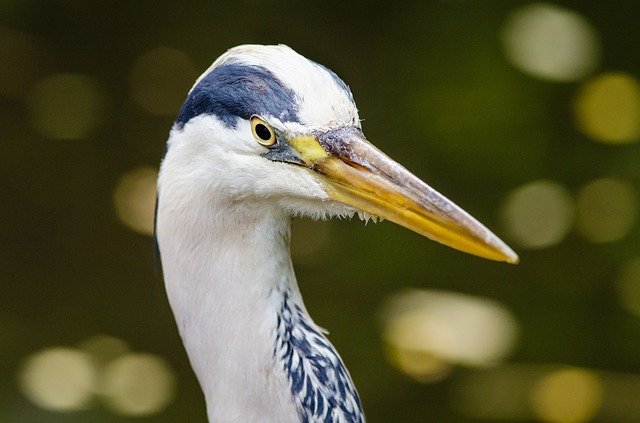
The life expectancy of birds is known to be closely related to their size. So as the biggest heron species in North America, how long do great blue herons live? The average life expectancy for these large birds is around fifteen years. However, surviving their first year is no easy task.
The Size-Age Connection
Great blue herons reach heights of four and a half feet and can have wingspans of up to six and a half feet wide. As a general rule, it’s accepted that the size of a bird correlates to its lifespan. So it’s no wonder great blue herons have a much longer lifespan than most smaller birds.
In fact, the oldest great blue heron on record is believed to be at least twenty-four. Flamingoes are another example of this general rule as these tall birds have an average lifespan of thirty years or more.
The Dangers Young Herons Face
While great blue herons live to an older age than many other bird species, there are also many perils and challenges they must face early on and often even before even hatching. Despite the fact that herons typically lay from three to six eggs in an average brood only two young herons on average will survive.
Herons are extremely sensitive when nesting and may abandon nests, young, and breeding colonies if they are disturbed by humans. While adult herons don’t have many predators once full-grown, many animals eat young herons and heron eggs. Predators such as raccoons, opossums, minks, and alligators are common threats among a handful of others.
Eagles in particular are a big threat, especially bald eagles. And just like when disturbed by humans, when there is a persistent eagle threat herons may abandon their nests completely.
In times when food is hard to find the weakest hatchlings typically die of starvation and then there is always the threat of simply falling out of the nest. Cold weather, windstorms, and heavy rain during hatching also commonly cause the death of baby herons.
High-Mortality Rate
Things don’t get any easier for young herons, at least not at first. Past studies on banded great blue herons in North America have shown that after leaving the nest the mortality rate for the first year of their life is around seventy percent. These are usually due to mistakes made because of the birds’ lack of experience. However, after the first year, the death rate decreases steadily.
Challenges Of Adult Herons
As adults, great blue herons have few predators, because of their large size and sharp beak they are simply too much to handle for most animals. However many herons are killed each year and often illegally by humans. Herons primarily eat fish which can cause them to get into trouble when it comes to stealing fish from commercial fish farms and backyard ponds.
There are a few ways to efficiently and humanely deter herons such as by using a heron decoy for example. Decoys trick these territorial feeders into thinking that another heron has already claimed the area, so they won’t land. However, a bullet is unfortunately sometimes used instead.
Because herons are at the top of the food chain they are affected by toxins. While we don’t know the full effects of the toxins on adult birds it does affect their reproduction. Mercury, selenium, and PCBs, in particular, have been proven to cause their eggshells to become too fragile to survive normal incubation.
Last but not least draining wetlands and the loss of other feeding habitats for development can drastically impact the reproduction rate of local heron populations. This is due to the fact that the number of breeding great blue herons is directly related to the amount of feeding habitat available.
Great blue herons are special and unique birds. While they can be considered pests in some circumstances deterrents are always the best solution. And to help ensure great blue herons live as long as possible feeding habitats and breeding areas need to be protected.
Start Shopping for Birding Supplies!
How Does A Heron Catch Fish?
The great blue heron is well-known for its looks but also its fish-catching abilities. Whether in the wild or someone’s backyard pond these large birds are master hunters. So how does a heron catch fish? Here’s what you’ll want to know. Built For Success While herons...
What Direction Should A Bat House Face?
Buy on Amazon Bats are very particular when it comes to whether or not they will move into a bat house. One of the most important factors is the temperature inside, which will be strongly influenced by the direction that the house is facing. So what direction should a...
When To Put Up A Bat House
Buy on Amazon Bats can be a big benefit to your yard. But they can be picky when it comes to where they actually decide to roost. Knowing when to put up a bat house can help to tip the odds in your favor. Basic Seasonal Bat Behavior Many people don’t realize that in...
Bat Attractant: The Secret Weapon For Bat House Success
Buy on Amazon Purchasing a bat house is easy, however, having a colony of bats take up residence inside it is sometimes another story. To tip the odds in your favor using bat attractant can help. Here’s what you’ll want to know when considering using it. Bat House...
How To Attract Bats To Your Bat House
Buy on Amazon Having bats in your yard offers many fantastic benefits. So it’s no wonder that more and more people are installing bat houses in an attempt to get them to stay. However, you’ll first need to know how to attract bats to your bat house if you want them to...
The Buzz About Bee Gardens
Chances are if you’ve been paying even a little bit of attention, you’ve heard about the “beepocalypse.” Depending on the source, you’ve likely seen varying levels of concern. While some experts are simply following the phenomenon, others are downright alarmed....
What Does A Bat House Look Like?
Buy on Amazon Bat houses are shelters made specifically for bats. These flying mammals have special needs that houses are designed to meet. So what does a bat house look like? Well, read on and find out! Bat House Designs Houses for bats actually look like boxes. For...
What Is A Bat House?
Buy on Amazon What is a bat house? And better yet, why would you want one on your property? These are both commonly asked questions. Whether you’re just curious or have always wanted to have bats in your yard here’s what you’ll need to know. Bats are nocturnal...
The Top Bat House Benefits
Buy on Amazon A bat house is a specially designed shelter for bats. It provides them with a safe and convenient place to sleep. While they are great for the bats, there are many bat house benefits you can enjoy as well when you have one in your yard. Keep Bats Out Of...
Where To Put A Bat House
Buy on Amazon Where to put a bat house is an important decision. If it’s not in an appropriate spot, you may be putting your resident bats in danger. Or you may end up with an empty house since no bats are interested in living in it. So you’ll need to know a few...
Beneficial Garden Insects And Creatures Often Confused For Pests
There are many animals that we consider to be pests. However, many of them actually perform critical tasks and help to control the populations of much more devastating species. The following beneficial insects and creatures are ones you’ll want to keep around....
